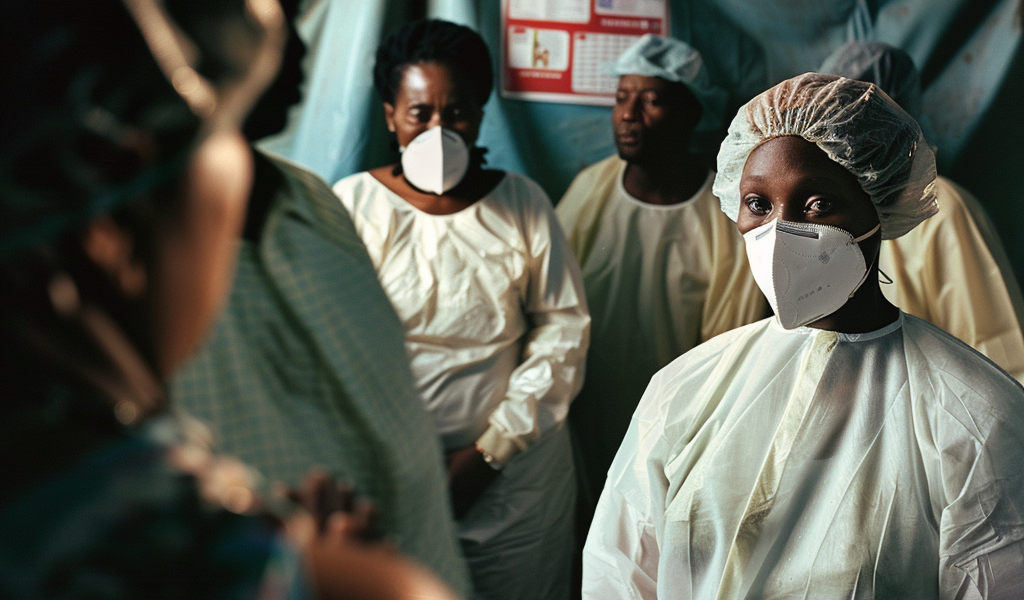Confirmed monkeypox cases in Africa have seen a staggering increase of over 500 percent this year compared to the previous year, as reported by the Africa Centres for Disease Control and Prevention (Africa CDC). The alarming rise has affected 19 countries across the continent, highlighting a significant public health concern.
During an online media briefing held on November 1, 2024, Ngashi Ngongo, the chief of staff and head of the executive office at the Africa CDC, provided critical insights into the current outbreak. Since the beginning of this year, Africa has reported a total of 48,093 monkeypox cases, with 10,372 confirmed instances and over 1,048 fatalities. Ngongo emphasized the severity of the situation, stating, “When we compare the confirmed cases reported this year with the entire 2023, that is more than a 500 percent increase.” He further noted that the situation remains precarious, as the continent continues to experience an upward trend in cases.
The latest country to report monkeypox cases is Mauritius, which has contributed to the total of 19 affected nations. The Central Africa region has been particularly hard-hit, accounting for a staggering 85.7 percent of all reported cases and 99.5 percent of deaths associated with the outbreak.
In the past week alone, Africa recorded 2,766 new cases, including 1,254 confirmed instances and 34 additional deaths. The Democratic Republic of the Congo and Burundi were responsible for a significant 94 percent of all new confirmed cases, underscoring the concentrated nature of the outbreak in specific areas.
The Africa CDC has also expressed growing concern regarding the recent uptick in monkeypox cases in Liberia and Uganda. According to Ngongo, several risk factors are contributing to the swift spread of monkeypox in Uganda, particularly cross-border and sexual transmissions of the virus.
Monkeypox, scientifically referred to as mpox, was first identified in laboratory monkeys in 1958. It is a rare viral disease that is typically transmitted through body fluids, respiratory droplets, and contaminated materials. Infected individuals usually experience symptoms such as fever, rash, and swollen lymph nodes.
In response to the escalating outbreak, the Africa CDC declared the ongoing mpox situation in Africa a public health emergency of continental security in mid-August. This declaration was soon followed by the World Health Organization (WHO), which also classified mpox as a public health emergency of international concern, marking the second time in two years that the organization has activated its highest level of global alert for this virus.
The current surge in monkeypox cases emphasizes the urgent need for enhanced public health measures and awareness across affected regions. As the situation evolves, health authorities are working diligently to control the outbreak and mitigate its impact on communities.
With the continued rise in monkeypox cases, it is crucial for countries to collaborate and implement effective strategies to combat the spread of this viral disease. Public health officials are urging individuals to remain vigilant and informed about the risks associated with monkeypox to help protect themselves and their communities.





